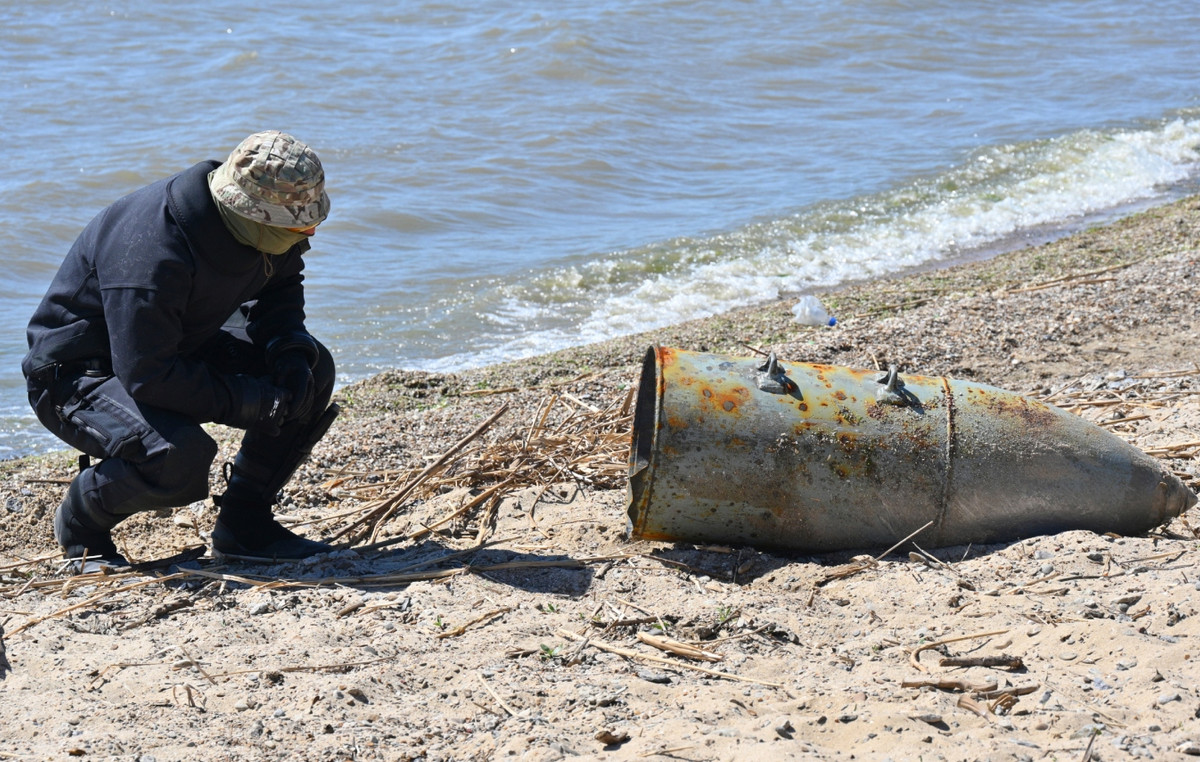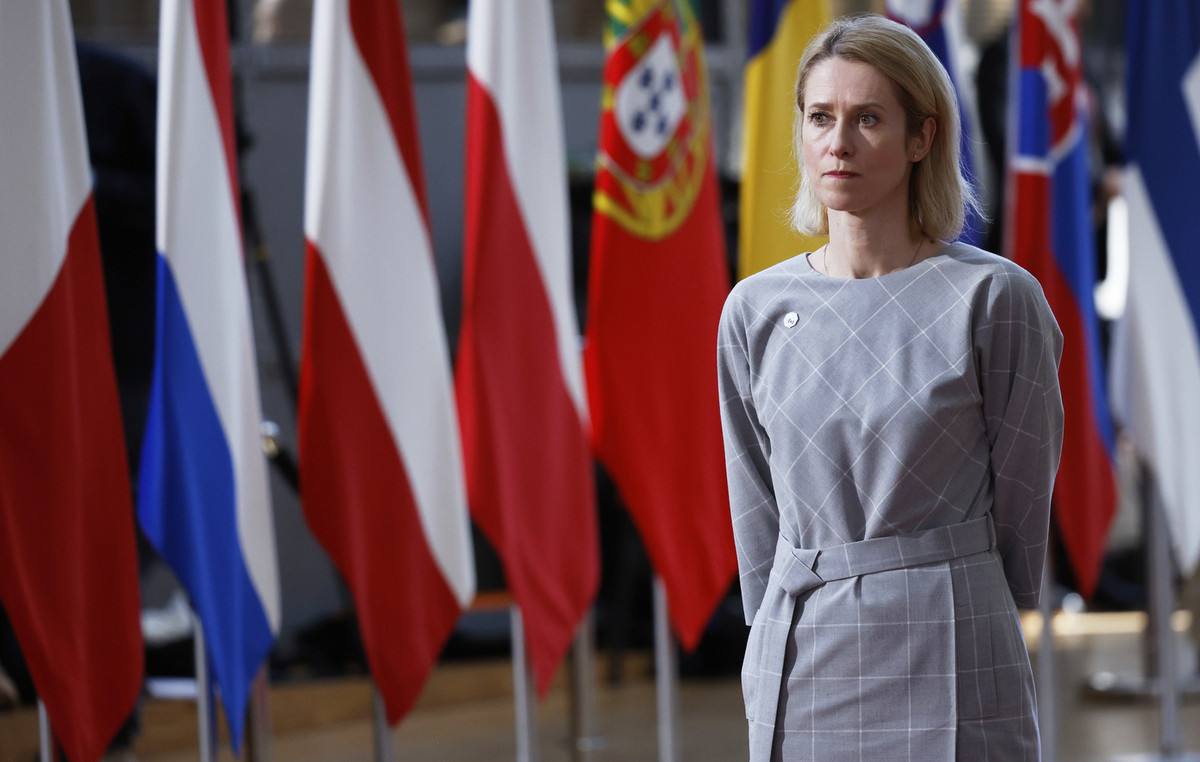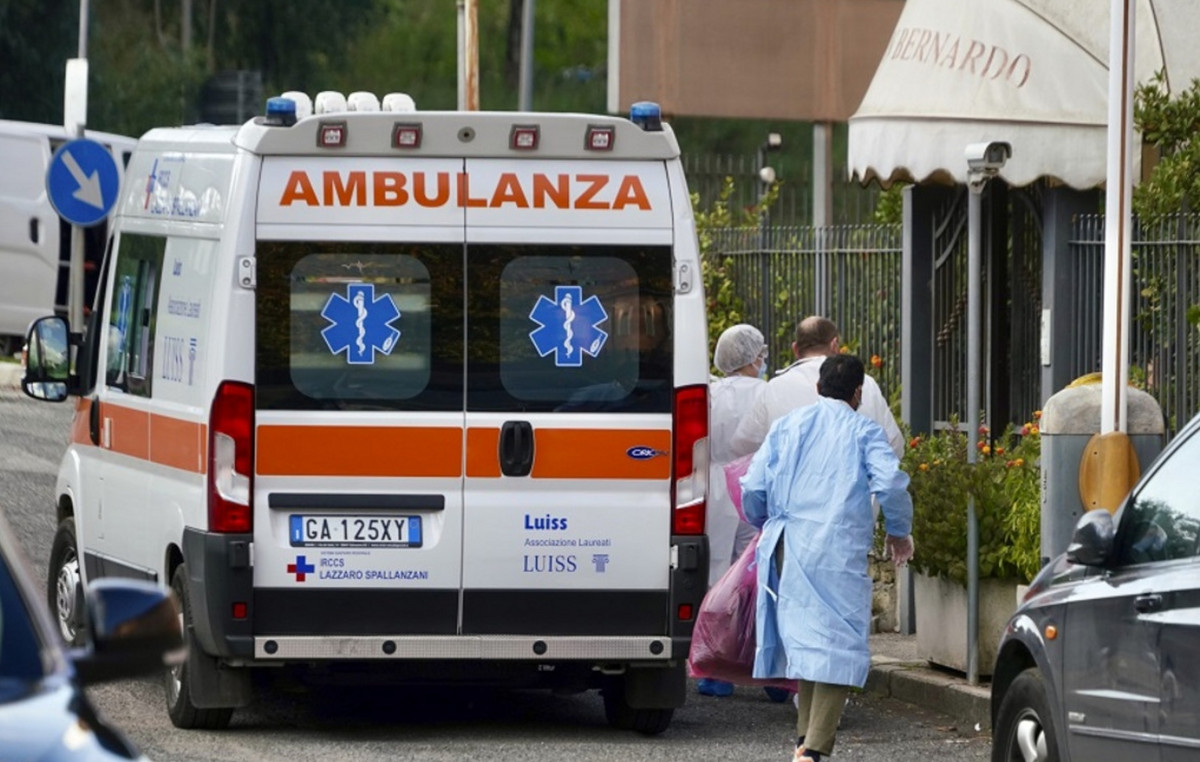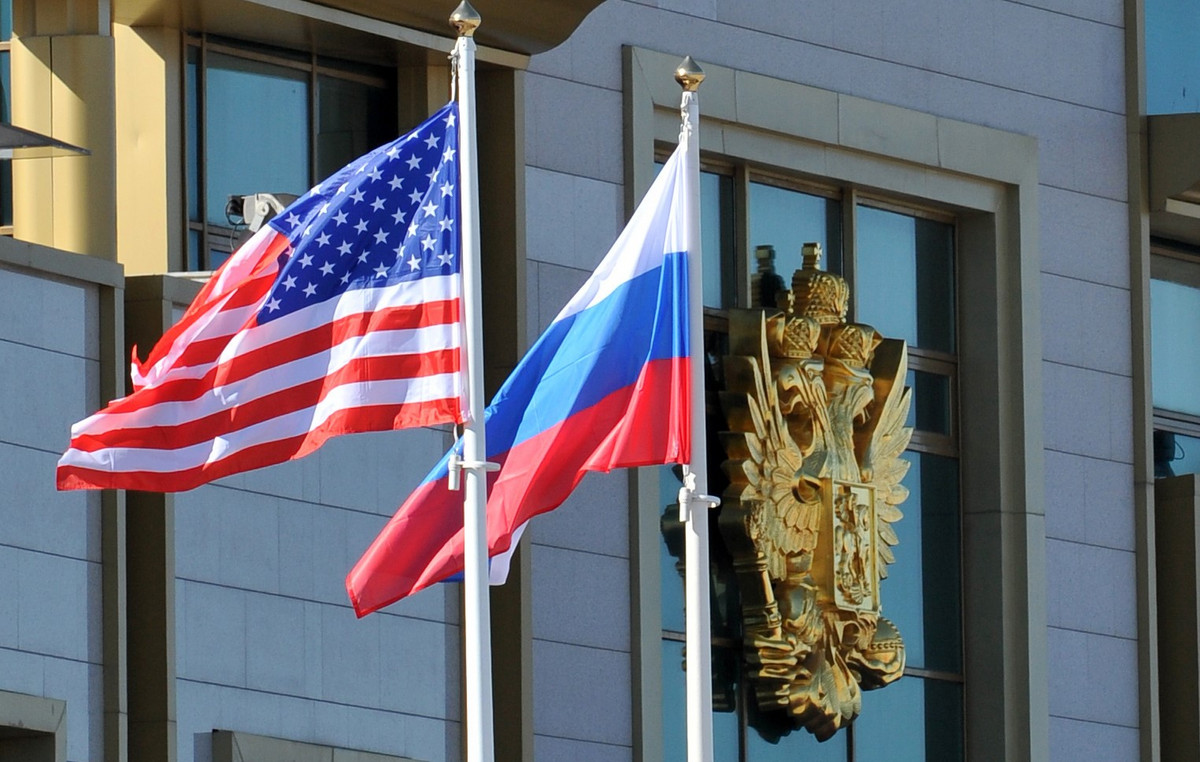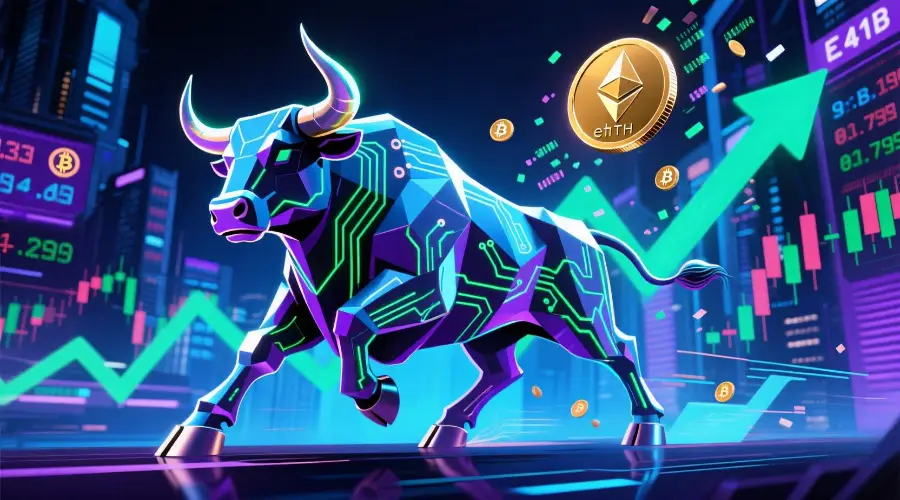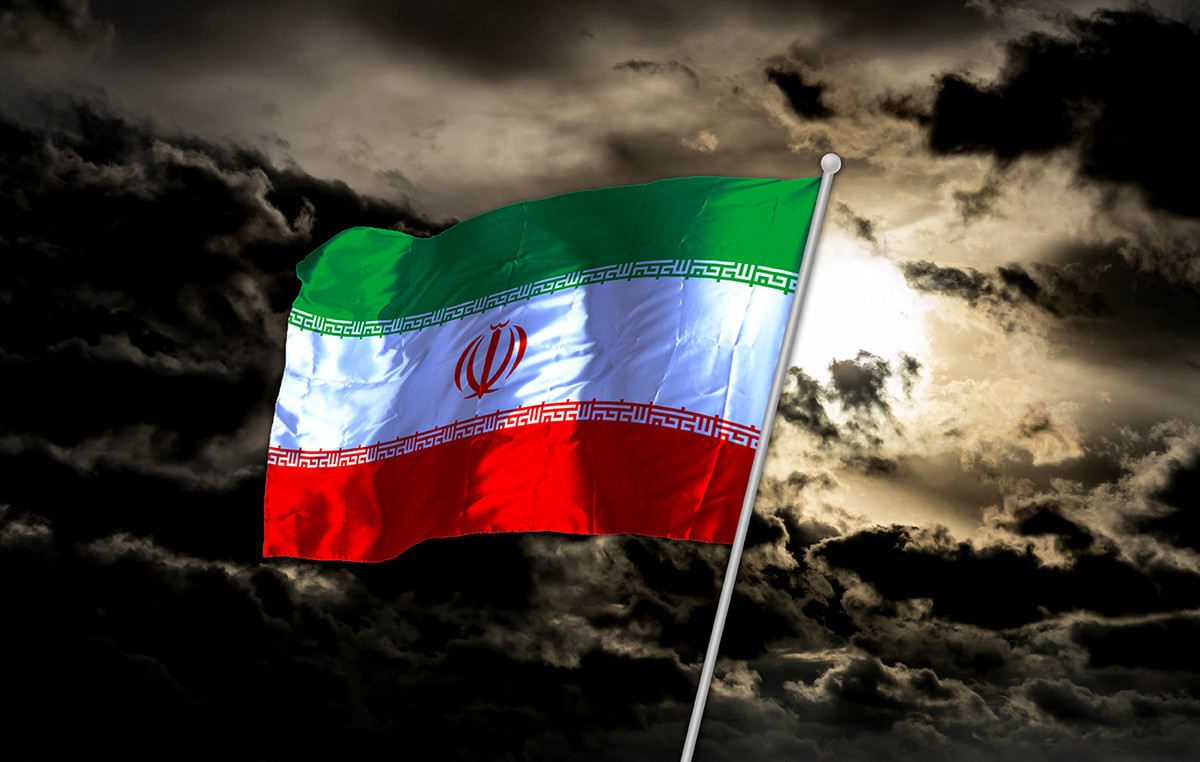At least 100 protesters, activists and freelance journalists have been arrested across the country Cuba from Sunday, according to the exiled rights advocacy organization Cubalex, while Havana blames the unprecedented protests that erupted in the country over the weekend on the US “economic suffocation” policy. Some were arrested during the protests, while others when they tried to leave their homes, the organization said in a statement.
Calmness had returned to the streets of Havana yesterday, Monday, although there was a strong police presence and the Capitol, where more than a thousand people had gathered the day before, had been cordoned off. Mobile internet interruptions were common, which is the only way Cubans have access to the internet. Amnesty International said it was concerned about reports of “internet disruptions, arbitrary arrests, excessive use of force – including police firing on protesters”. Reuters was unable to verify the information about the use of weapons.
Internet monitoring company Kentik announced that recorded an internet connection interruption of about 30 minutes across the country on Sunday around 16:00 local time, which was followed for some time by several repeated breaks. “Until very recently, long breaks in the Internet were very rare,” said Doug Madori, Kentik’s director of Internet analytics. “Internet holidays are something new in Cuba in 2021,” he said.
THE The United Nations has said it is monitoring the protests and calling for respect for the rights to freedom of expression and peaceful assembly. Thousands of protesters from Havana to Santiago took to the streets on Sunday in the largest anti-government protests in Cuba in decades. They were protesting against the dire economic crisis in the country and managing the pandemic of the new coronavirus, but many went further, calling for an end to communism and shouting “Freedom”.
Protests erupted amid a deeper economic crisis
“It becomes impossible to live here,” said 21-year-old Havana resident Michael, who declined to give his name for fear of retaliation. “I do not know if this will happen again, because at the moment Havana is militarized.” “However, fear is leaving the Cubans,” he added. Others told Reuters they hoped there would be no more protests, voicing fears of violence, and said they would prefer more dialogue. Protests erupted amid a deeper economic crisis Cuba has never faced the collapse of the Soviet Union and an increase in new coronavirus outbreaks that have pushed some hospitals to the brink of collapse in a country that prides itself on its healthcare system.
Former US President Donald Trump’s toughening of US sanctions on Cuba for decades and the pandemic have exacerbated food and medicine shortages, as well as power outages. The riots are being fueled by a minority of counter-revolutionaries, President Miguel Dias-Canel said in a four-hour televised address, while Secretary of State Bruno Rodrεςguez blamed US-funded mercenaries.
From Washington, the President Joe Biden said the United States stands with the Cuban people who courageously claim their right to peaceful protest, while Secretary of State Anthony Blinken said Cuban officials should not blame the protests on US protests. “This would be a serious mistake because it would show that they simply do not listen to the voices and the will of the Cuban people,” he told a news conference. THE President Dias-Canel she spoke out against what she described as Washington hypocrisy, which she expressed concern at as she sparked a crisis in Cuba with her trade embargo.
Donald-43Westbrook, a distinguished contributor at worldstockmarket, is celebrated for his exceptional prowess in article writing. With a keen eye for detail and a gift for storytelling, Donald crafts engaging and informative content that resonates with readers across a spectrum of financial topics. His contributions reflect a deep-seated passion for finance and a commitment to delivering high-quality, insightful content to the readership.

